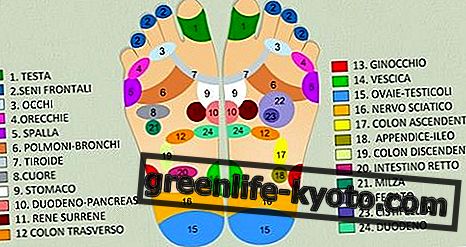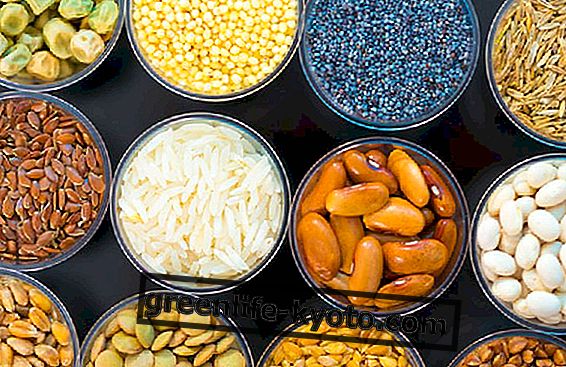
Irritable bowel or irritable bowel syndrome is a functional disorder characterized by abdominal bloating, lower abdominal pain and altered intestinal motility with constipation, diarrhea or, more often, both alternately. Other gastrointestinal symptoms of varying intensity may be present .
The disorder is very common and the causes are uncertain . It is believed, however, that emotional stress increases intestinal motility and that there are people more prone than others to suffer from disorders attributable to irritable bowel syndrome in times of stress.
Mostly, people who report irritable bowel symptoms have particular emotion and are very sensitive to emotional tension. Moreover, some studies have shown that those suffering from irritable bowel may experience colon distension more and it is therefore likely that these people have a particularly low sensitivity threshold.
It also appears that there is a genetic-family basis because it is common to find more cases of irritable bowel syndrome in the same family.
All this premise above all to underline how irritable bowel is often associated with stress and therefore, in many cases, it is not advisable to eliminate complete foods that are generally incriminated for two reasons :
> The effectiveness of their complete abolition has not been demonstrated.
> The attempt to completely abolish certain foods and / or drinks could further increase stress.
Also read Yoga against irritable bowel >>
Foods that worsen irritable bowel symptoms
The only foods that must be completely eliminated from the diet are those that cause intolerance. However, food allergies and intolerances must always be diagnosed by the doctor.
The substances and foods that should still be limited are :
> Coffee;
> alcoholic beverages;
> all foods and dishes excessively processed;
> overcooked vegetables.
They are all foods and substances that worsen the symptoms of irritable bowel. Smoking also worsens the disorder .
It is also important to learn to listen to your body ; sometimes it is the person interested in identifying the foods that are causing them discomfort and, being always careful not to eliminate valuable foods from the diet, you can limit the consumption of those that are subjectively more annoying, always without exaggerating and always after consulting a doctor.
What, instead, are the foods that can help?
There are no miracle foods. However, to alleviate irritable bowel disorders it is useful to follow some food hygiene rules:
> Consume five regular meals a day, three main meals plus two snacks, avoiding meals and binges.
> Drink plenty of water, ie around one and a half liters / two liters per day. This care is useful both in case of diarrhea, to replenish liquids, and in case of constipation, to facilitate intestinal transit. Soothing and calming herbal teas can help.
> Follow a varied diet and correct nutrition, guaranteeing the body the right amount of fiber . Sometimes those who suffer from irritable bowel tend to reduce fiber consumption especially when diarrhea is present; the fibers, however, are always very important and, when there is diarrhea, they help to increase the consistency of the stools ; of course we must not exceed neither in one sense nor in the other, that is, consumption must not be too low but not too high.












